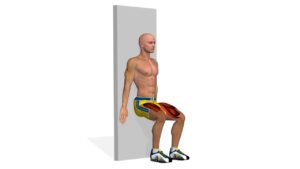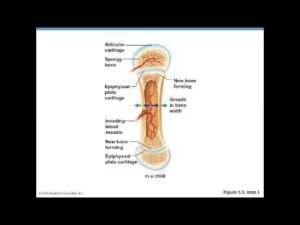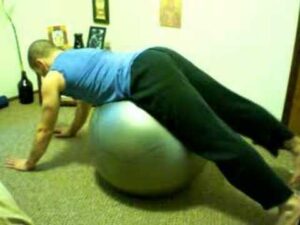Watch more How to Be Healthy videos: http://www.howcast.com/videos/418806-How-to-Lower-Your-BMI The body mass index, or BMI, is a tool used to assess your weight status based on your height. Use these tips to lower your BMI. Step 1: Decrease calorie intake Decrease your calorie intake by decreasing the amount of high fat foods you eat, and eating small amounts of unsaturated fats, which are good for your heart and help you to absorb fat-soluble vitamins. In order to create a calorie deficit, you have to eat fewer calories than your body uses. Step 2: Exercise portion control Exercise portion control. Too many calories from any source will be stored as body fat, so adjust your portion sizes so that you get an appropriate number of calories. Step 3: Eat fruits, vegetables, and whole grains Eat at least five servings a day of fruits, vegetables, and whole grains. These foods are loaded with healthy vitamins, and packed with fiber to keep you feeling full. Tip Pace yourself and eat slowly. It takes 10 to 20 minutes for your brain to get the message from your stomach that you’ve had enough to eat. Step 4: Eat a variety of foods Eat a variety of foods daily. Consult the Food Guide Pyramid at MyPyramid.gov to find and choose different foods within the various food groups multiple times each day. Step 5: Limit sugars and alcohol Limit your consumption of food with added sugar, such as soda, candy, and alcoholic beverages. They provide almost no necessary nutrients and are just empty calories. Tip Alcohol slows down the body’s use of fat for fuel by as much as 1/3, which means fat is more likely to be stored in your body. Step 6: Exercise Make exercise a priority. Get at least 30 minutes of light exercise every day. You’ll have more energy and you’ll be burning calories. Step 7: Develop a positive attitude Develop a positive attitude by setting realistic goals and focusing on fitness instead of weight. Pay attention to your body’s hunger and fullness cues, and only eat when you’re hungry — not when you’re bored or stressed. If your weight is a major concern, consult a doctor. Did You Know? To lose one pound of fat, you need to create a deficit of 3,500 calories.

How to Lower Your BMI
- Post author:
- Post published:May 17, 2021
- Post category:Uncategorized
- Post comments:0 Comments
You Might Also Like

Preacher Hammer Curl – Biceps Exercises

Dynamic Stretching for Lower Body (Do Before Leg Workout)

Normal Sinus Rhythm ECG – EMTprep.com

Deep Water Running | Speedo Fit

BCAA Kya Hai? BCAA Ke Fayde Aur Nuksan | @Fitness Fighters

20 Killer Ab Exercises

Endocrine system introduction

Best foods for the treatment of anemia

Dumbbell Chest Workout (INCOMPLETE WITHOUT THIS!)

Testosterone & Androgenic Effects Video – 28

Fat Loss, Weight Loss Video – 28

urine under micrscope
Glutamine Supplement

Anabolic vs Catabolic Fitness States

Insomnia Video – 3

Lat Pull Down-3

Plyometrics – Circuit Training Ideas

Lipids

Hanging Leg Raises – for Lower Abs

Special Weight Loss Routine Video – 1

Type of Carbs To Avoid On A Keto Diet – Dr.Berg

Wall Sit-3

Bone Formation: Fetus to Adult

Low Pulley Biceps Curl

How To Repair Liver Damage After Alcohol?: Dr.Berg on Liver Cirrhosis

PROTEIN IN CHEAP PRICE | BEST PLACE TO BUY 100% GENUINE BODYBUILDING SUPPLEMENTS IN DELHI INDIA

Physio ball Prone Single Leg /Alternating reverse low back h

8 Min Abs Workout, how to have six pack ( HD Version )

Personal Training : How to Reduce Your BMI

Most Common Side Effects of Metformin

Testosterone & Androgenic Effects Video – 18

Ophthalmology Video – 4

Get Ten Times More Benefit from Milk Thistle, Reverse Alcohol Liver Damage and more

12 Foods For Anemia – Best Foods For Anemia

Heart Nutrition Presentation Registration Video

Xenical Counselling

Parkour Video – 1

V-Shape Back Workout

Severe Liver Injury with Orlistat (Xenical, Alli)

How to Stretch Your Triceps (AND HOW NOT TO!)

Diet Video – 1

